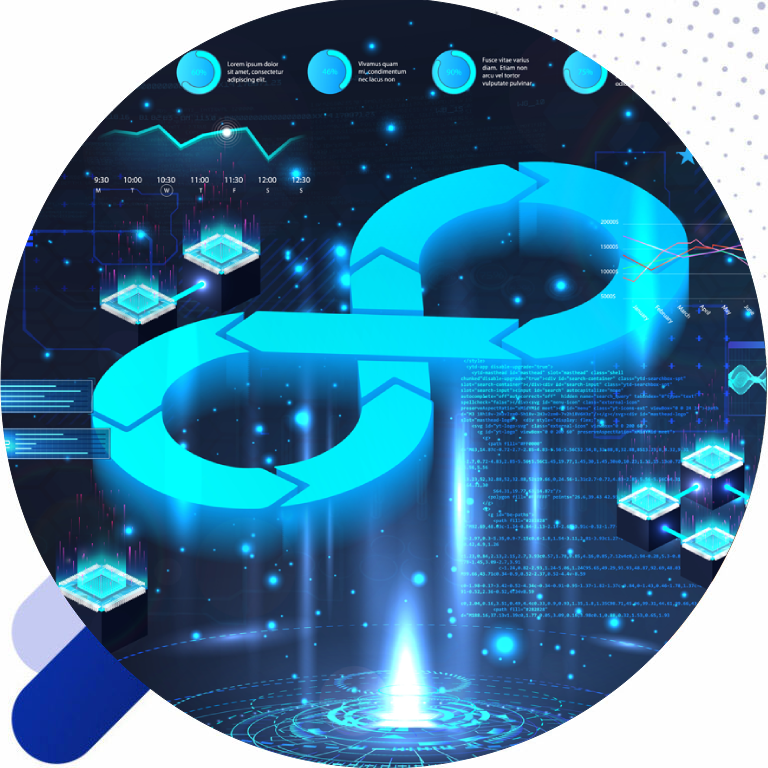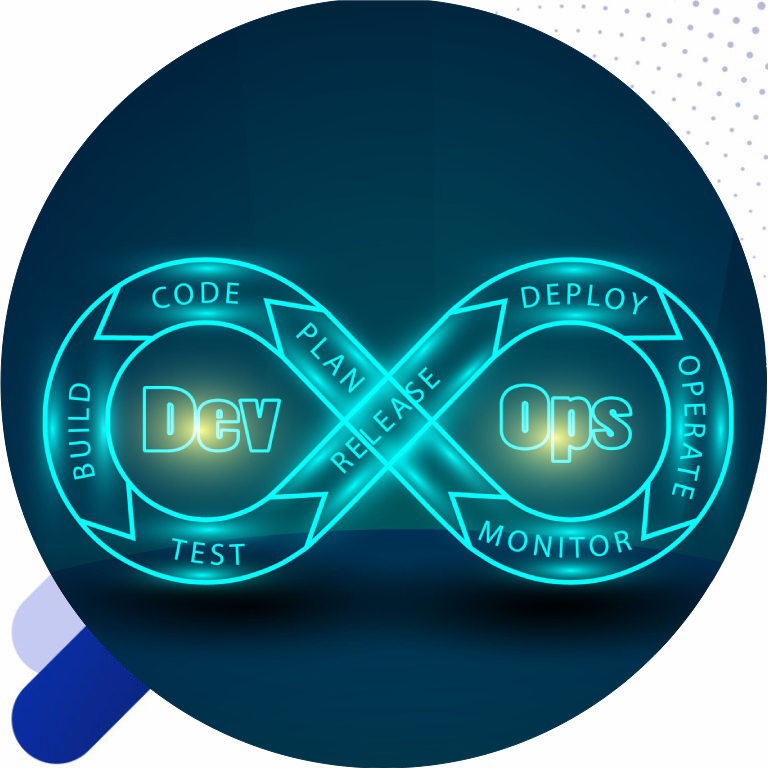Understanding DevOps Consulting: Elevating the Quality and Efficiency of Software Development
In today’s fast-paced digital landscape, businesses increasingly rely on technology to stay competitive. As software continues to evolve and become more integral to organizational success, the methodologies used to develop, implement, and maintain this software must also adapt. Enter DevOps—an innovative approach to software development that emphasizes collaboration, automation, continuous integration, and continuous delivery. However, successfully transitioning to a DevOps culture can be challenging for many organizations, which is where DevOps consulting comes into play. This blog post will explore the essence of DevOps consulting, its benefits, potential drawbacks, and how organizations can leverage these services for transformative results.

Understanding DevOps
DevOps is a set of practices that aims to unify software development (Dev) and software operation (Ops). The core idea is to shorten the development lifecycle while delivering features, fixes, and updates frequently in close alignment with business objectives. DevOps practices emphasize collaboration, automation, and monitoring at all stages of the software development lifecycle.
The Role of DevOps Consulting
DevOps consulting involves providing expert advice and support to organizations looking to implement or enhance their DevOps practices. Consultants bring a wealth of knowledge and experience to help businesses adopt DevOps methodologies, tools, and best practices tailored to their unique needs.

Key Services Offered by DevOps Consultants
Assessment and Strategy Development: A comprehensive assessment of the organization’s existing development and operational processes helps identify gaps and opportunities for improvement. Consultants work with stakeholders to develop a tailored DevOps strategy that aligns with business objectives.
Cultural Transformation: Transitioning to DevOps often requires a significant cultural shift within an organization. Consultants can facilitate workshops, training sessions, and change management initiatives to promote collaboration and a shared responsibility for quality across teams.
Toolchain Implementation: An essential aspect of DevOps is the use of various tools that enhance automation, monitoring, and performance. Consultants help organizations select and implement the right tools—such as CI/CD pipelines, version control systems, and configuration management solutions—tailored to their specific needs.
Implementation of Agile and Lean Practices: DevOps is closely related to Agile and Lean methodologies. Consultants can guide organizations in implementing these practices to improve team efficiency and project management.
Monitoring and Metrics: Establishing Key Performance Indicators (KPIs) and metrics is crucial for measuring the success of DevOps initiatives. Consultants assist organizations in developing monitoring strategies that provide insights into performance, enabling continuous improvement.
Cloud Integration: Many organizations are adopting cloud solutions to enhance their agility and scalability. DevOps consulting often includes cloud strategy alignment, migration plans, and ongoing management guidance.
Security Integration: In the age of cyber threats, integrating security into the DevOps process (often referred to as DevSecOps) is paramount. Consultants can advise on best practices for ensuring security is woven throughout the development lifecycle.

The Benefits of Engaging a DevOps Consultant
While organizations may choose to navigate the transition to DevOps independently, partnering with a DevOps consulting service offers numerous advantages:
Expert Guidance
Consultants bring extensive industry experience and proven methodologies, helping organizations avoid common pitfalls and misunderstandings associated with DevOps adoption.
Accelerated Implementation
With a structured approach from experts, organizations can faster migrate to a fully operational DevOps model, minimizing delays and maximizing value.
Tailored Solutions
Each organization is unique, with its own challenges and goals. DevOps consultants provide customized strategies that align with the specific needs and culture of the organization.
Cost Efficiency
While there may be challenges in initial investment, the long-term savings associated with improved efficiency, reduced downtime, and better resource management can far outweigh these costs.
Fostering Innovation
A mature DevOps culture promotes innovation by providing teams the time and resources to experiment and explore new ideas without the fear of failure.
Security Integration
Incorporating security practices into the DevOps pipeline, known as DevSecOps. Ensuring compliance with security standards and regulations while maintaining development speed and agility.
Considerations for DevOps Success
Lay a Strong Foundation
Before implementing DevOps practices, ensure that basic principles of software development and IT operations are well-understood throughout the organization.
Engage Stakeholders
Continuous communication with stakeholders, including executive leadership and end users, is vital for ensuring alignment and buy-in throughout the DevOps journey.
Build a Community of Practice
Establishing regular meetups or forums where teams can share experiences, challenges, and strategies related to DevOps can foster ongoing learning and support throughout the organization.
Advanced DevOps Practices
Continuous Integration and Continuous Deployment (CI/CD)
- CI/CD Pipeline Setup: Implementing robust CI/CD pipelines using tools like Jenkins, GitLab CI, CircleCI, and GitHub Actions to automate the build, test, and deployment processes.
- Pipeline Optimization: Streamlining CI/CD pipelines to reduce build times, enhance test coverage, and minimize deployment risks. Techniques include parallel testing, smart caching, and artifact management.
Infrastructure as Code (IaC)
- IaC Tools and Frameworks: Utilizing tools such as Terraform, CloudFormation, Ansible, and Puppet to define and manage infrastructure through code, ensuring consistency, scalability, and version control.
- IaC Best Practices: Implementing modular, reusable infrastructure templates and enforcing standards for code review, testing, and versioning to enhance maintainability and security.
Containerization and Orchestration
- Containerization with Docker: Designing and deploying containerized applications using Docker to ensure consistency across development, testing, and production environments.
- Orchestration with Kubernetes: Leveraging Kubernetes for container orchestration, managing scaling, deployment, and networking of containerized applications, ensuring high availability and fault tolerance.
Automated Testing and Quality Assurance
- Testing Strategies: Developing comprehensive automated testing strategies, including unit tests, integration tests, functional tests, and performance tests, using frameworks like Selenium, JUnit, and TestNG.
- Test Automation Frameworks: Creating and maintaining robust test automation frameworks to ensure test coverage, reduce manual testing efforts, and accelerate feedback cycles.
Containerization and Orchestration
- Containerization with Docker: Designing and deploying containerized applications using Docker to ensure consistency across development, testing, and production environments.
- Orchestration with Kubernetes: Leveraging Kubernetes for container orchestration, managing scaling, deployment, and networking of containerized applications, ensuring high availability and fault tolerance.
Speak With Expert Engineers.
Contact us by filling in your details, and we’ll get back to you within 24 hours with more information on our next steps

Please fill out the contact form

Call Us
United Kingdom: +44 20 4574 9617

UK Offices
Business Address: 70 White Lion Street, London, N1 9PP
Registered Address: 251 Gray's Inn Road, London, WC1X 8QT
Schedule Appointment
We here to help you 24/7 with experts

